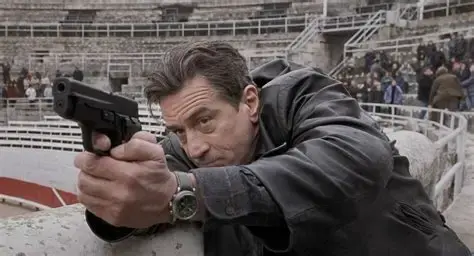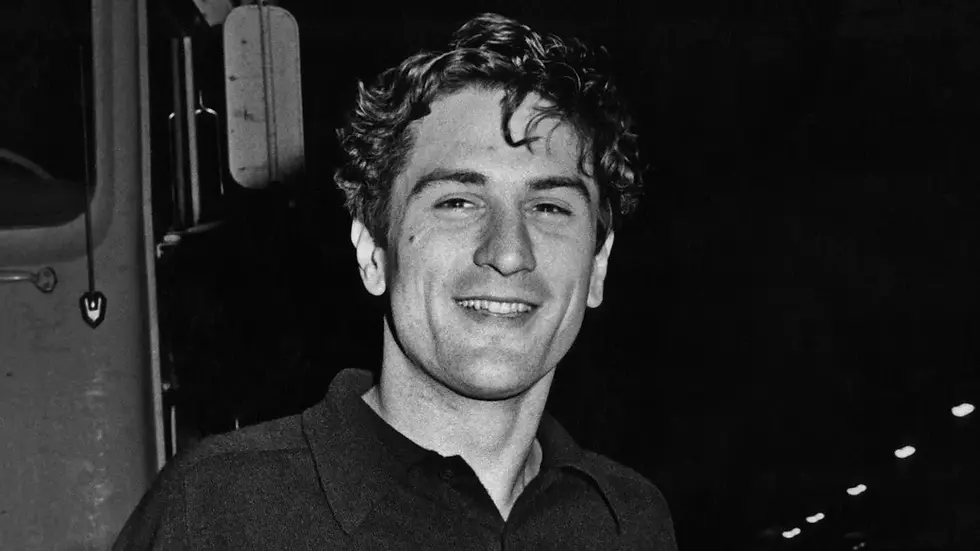Ronin (1998)
- Soames Inscker

- Jul 24, 2025
- 3 min read

John Frankenheimer’s Ronin is a sleek, atmospheric, and sharply executed action thriller that recalls the taut European espionage films of the 1960s and 70s. Released in 1998, the film blends a minimalist story with crisp performances, stunning real-world car chases, and an air of post-Cold War ambiguity. With Robert De Niro leading a talented international cast, Ronin is a masterclass in tension and old-school action, showcasing the craftsmanship of a veteran director with something still to prove.
Plot Summary: The Case, the Team, and the Trust
The plot of Ronin is deceptively simple. A mysterious Irish woman named Deirdre (Natascha McElhone) assembles a team of international operatives in Paris. Their mission: retrieve a heavily guarded, highly sought-after briefcase of unknown contents. The team includes American ex-CIA operative Sam (Robert De Niro), Frenchman Vincent (Jean Reno), German electronics expert Gregor (Stellan Skarsgård), British demolitions man Spence (Sean Bean), and a few other dubious players.
As the team navigates double-crosses, gun battles, and shifting allegiances across France, it becomes clear that no one can be trusted—and that the motives for securing the case go far deeper than money. With a title referencing masterless samurai, Ronin becomes a metaphor for dislocated warriors in a changing world: loyal to no cause, driven only by code, survival, and instinct.
De Niro and the Ensemble: Cool Under Pressure

Robert De Niro is in his element here as Sam—cool, competent, and calculating. De Niro plays him with quiet authority, bringing subtlety rather than flash to a character who’s always thinking three steps ahead. It's one of his most understated and convincing performances of the late ’90s, free of ego and all the more effective for it.
Jean Reno is a perfect counterpart as Vincent—laconic, loyal, and practical. The chemistry between Reno and De Niro is effortless and unspoken, grounded in mutual respect rather than banter. Natascha McElhone brings a cold elegance to her role as Deirdre, while Stellan Skarsgård oozes cunning menace as Gregor. Sean Bean provides some unexpected comic relief early on as the overconfident Spence—one of the few characters quickly exposed as not being who he claims to be.
Direction and Style: Precision Over Bombast
John Frankenheimer, legendary for films like The Manchurian Candidate and The French Connection II, was in his seventies when he directed Ronin—but the film is anything but dated. In an era dominated by CGI and over-the-top spectacle, Ronin is refreshingly grounded. Frankenheimer directs with a sharp eye for geography, suspense, and realism.
The film’s most talked-about sequences—the car chases through Nice and Paris—are modern action classics. Shot with practical effects, real vehicles, and stunt drivers, the chases have a visceral, kinetic quality rarely matched before or since. They’re chaotic yet coherent, dangerous but never gratuitous. Frankenheimer’s background in motorsports lends them a pulse-pounding authenticity.
The cinematography by Robert Fraisse captures a cold, post-industrial Europe in wintry tones, while Elia Cmiral’s moody score adds tension without overwhelming the atmosphere.
Writing and Themes: Minimalism and Mystery
The screenplay, partly rewritten by David Mamet (credited as Richard Weisz), is lean and opaque. Characters reveal little, motivations remain mysterious, and the contents of the briefcase are never disclosed—intentionally so. The ambiguity frustrates some viewers, but it enhances the film’s noirish tone. Ronin isn’t about answers, but about loyalty, professionalism, and the code of conduct between warriors who live in the shadows.
The dialogue is crisp and often dryly humorous, especially in the exchanges between De Niro and Reno. “Whenever there’s any doubt,” Sam says, “there is no doubt.” Lines like that encapsulate the movie’s stripped-down ethos: no sentimentality, no exposition dumps—just action, suspicion, and reaction.
Final Thoughts
Ronin is a slow burn compared to most modern action thrillers, but its precision, authenticity, and intelligence give it lasting power. It’s a film for those who appreciate quiet intensity, practical stunt work, and espionage storytelling in the Le Samouraï tradition. Frankenheimer's direction is masterful, and the cast—anchored by a superb De Niro—brings gravitas to a morally gray world.
If The Bourne Identity was the sleek reinvention of the spy thriller, Ronin was the last great throwback before digital gloss replaced mechanical grit.
Rating:
A high-calibre action thriller built on craftsmanship, mystery, and realism. Ronin is a worthy spiritual successor to the spy classics of decades past—and a shining swan song for one of Hollywood’s great directors.




